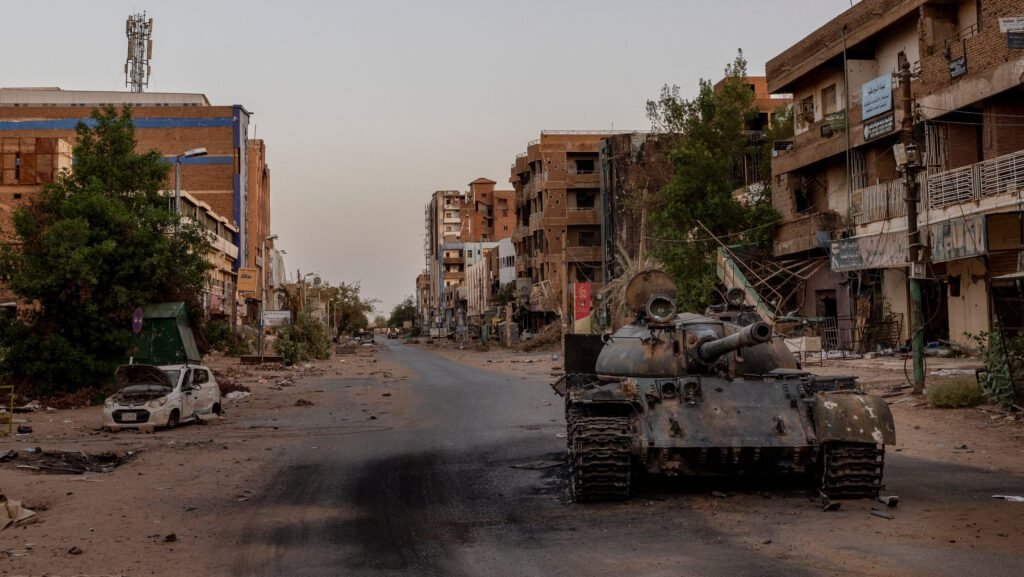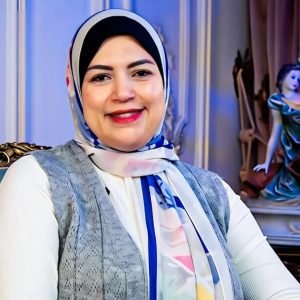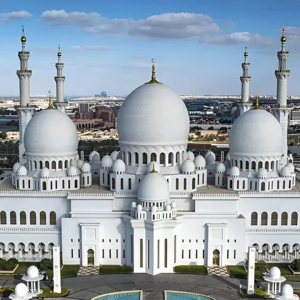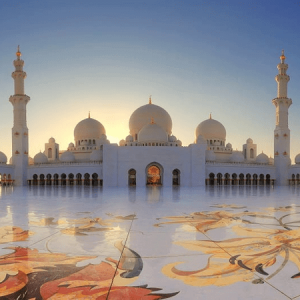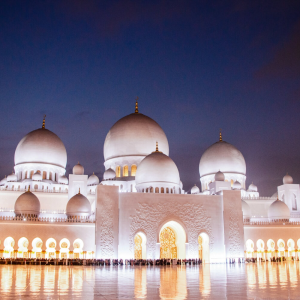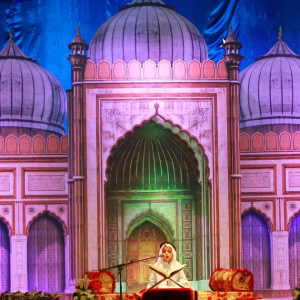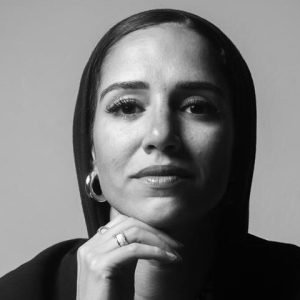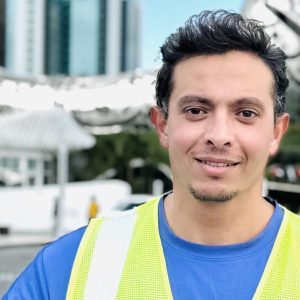As Sudan’s brutal civil war approaches its second anniversary, the war-torn nation has turned to the International Court of Justice (ICJ), accusing the United Arab Emirates of abetting genocide in the conflict that has devastated millions of lives. In a move that adds a serious international dimension to a war that has largely unfolded away from global attention, Sudan’s representative in The Hague stated that the UAE has been providing weapons and logistical support to the paramilitary Rapid Support Forces (RSF), fueling atrocities that amount to ethnic cleansing and systematic violence against civilians.
This bold diplomatic step marks a new phase in the geopolitical complexity of the Sudanese conflict. It also highlights the increasing international scrutiny of Middle East involvement in African conflicts, at a time when global powers are reevaluating their strategic footprints.
The Accusation at The Hague
Sudan’s legal delegation appeared before the International Court of Justice and alleged that the UAE had violated the 1948 Genocide Convention by supplying arms and support to the RSF, the group locked in a deadly struggle with Sudan’s regular armed forces (SAF) since April 2023. The conflict has led to the deaths of tens of thousands and displacement of over 8 million people, according to humanitarian reports.

The RSF, led by Mohamed Hamdan Dagalo—commonly known as Hemedti—has been accused by local and international organizations of engaging in massacres, mass rapes, targeted ethnic killings (particularly in Darfur), and systematic attacks against civilians. Sudan’s legal team claimed that the UAE’s continued supply of drones, ammunition, and armored vehicles to the RSF constitutes “direct complicity” in these war crimes.
Sudan’s representative at the ICJ, Ambassador El Hadi El Tigani, emphasized:

“This is no longer just a civil conflict. This is a genocidal campaign, and the support extended by the United Arab Emirates is not just an act of foreign policy—it is an act of participation in crimes against humanity.”
UAE’s Response
The UAE has denied all allegations of involvement in Sudan’s internal affairs, labeling the accusations as “unfounded” and “politically motivated.” In an official statement, the UAE reiterated its commitment to peace in the region and stressed its ongoing humanitarian efforts in Sudan, including the establishment of field hospitals and the distribution of aid to civilians.
A UAE government spokesperson said:
“The United Arab Emirates has consistently advocated for dialogue, de-escalation, and the protection of civilians. Any claims suggesting that we support paramilitary factions or contribute to violence are categorically false.”
Despite the UAE’s denial, the ICJ move could intensify scrutiny of the Gulf nation’s broader influence in the Horn of Africa and the Red Sea corridor—a region of strategic importance for trade, military positioning, and ideological rivalry.
Understanding the Sudan Conflict
Sudan’s conflict erupted in April 2023 due to power struggles between General Abdel Fattah al-Burhan, head of the Sudanese Armed Forces (SAF), and Hemedti, the leader of the RSF. The two were once allies in a transitional government formed after the 2019 overthrow of long-time autocrat Omar al-Bashir. However, deep divisions over the integration of the RSF into the army and the timeline for restoring civilian rule sparked a catastrophic war.
As the battles raged in cities like Khartoum and spread across Darfur and Kordofan, civilians became the biggest victims. The RSF, with its roots in the Janjaweed militias that carried out atrocities in Darfur in the early 2000s, has been accused of continuing that legacy. Ethnic targeting of the Masalit and other groups has drawn stark comparisons to past genocides.
International observers now fear that the conflict is no longer just a struggle for power—but a campaign of ethnic cleansing unfolding in real time.
International Reactions and Strategic Fallout
Sudan’s case at the World Court has placed a spotlight on Gulf involvement in African security crises. While the UAE, along with Saudi Arabia and Egypt, has long sought influence in Sudan due to its Red Sea access and strategic location, this is the first time such influence has been challenged on a global legal platform.
Human rights organizations and civil society groups have welcomed Sudan’s move, calling for accountability from foreign actors accused of fueling violence. “This is a bold and necessary step,” said Amal Hassan, a Sudanese activist now based in Nairobi. “For too long, external powers have used Sudan as a chessboard. The people deserve justice.”
The African Union (AU) has remained cautiously neutral, expressing concern about the escalation of violence while calling for peaceful resolution and the protection of civilians. Western governments, particularly the U.S. and EU, have been monitoring the case but have not yet publicly commented on Sudan’s ICJ filing against the UAE.
A Shift in the Middle East’s Strategic Playbook?
The allegations could have ripple effects beyond Sudan. If the ICJ were to proceed with hearings or even grant provisional measures against the UAE, it could affect Abu Dhabi’s reputation as a rising soft power and mediator in global diplomacy.
The UAE has long positioned itself as a proponent of modernization, tolerance, and humanitarian aid in the Middle East and Africa. However, allegations of military involvement in Libya, Yemen, and now Sudan suggest a more complex reality—a nation pursuing hard and soft power simultaneously.
Some analysts argue that this legal showdown could force a recalibration of the UAE’s foreign policy. “The Emirates have always tried to walk the line between being a global humanitarian partner and a regional power broker,” said Dr. Kamal Idris, a Middle East-Africa relations expert. “But the Sudan conflict exposes the risks of straddling both worlds.”
The Road Ahead for Sudan
The case at the World Court may take years to fully adjudicate, but Sudan’s move has already reshaped the narrative around the war. No longer viewed solely as an internal battle, the conflict is increasingly being seen as one with international backers and implications.
Meanwhile, on the ground in Sudan, the situation remains dire. Aid groups are struggling to reach conflict zones, and both the SAF and RSF have been accused of obstructing humanitarian access. The humanitarian catastrophe, marked by famine, sexual violence, and mass displacement, shows no signs of abating.
Yet, by elevating the conflict to the ICJ, Sudan’s internationally recognized government is sending a message: the world can no longer afford to look away.
Final Thoughts
Sudan’s accusations against the UAE at the World Court mark a turning point in how the global community engages with the conflict. While legal proceedings at the ICJ will take time, they have already forced a reckoning with the geopolitical entanglements behind Sudan’s suffering.
The UAE, for its part, will face increasing pressure to transparently demonstrate its commitment to peace and de-escalation—not only through rhetoric, but through actions on the ground.
As the war grinds on, the real question remains: Will the pursuit of justice at the ICJ finally bring the spotlight, and perhaps accountability, to one of the world’s most overlooked humanitarian tragedies?
Do follow Uae stories for more Updates

